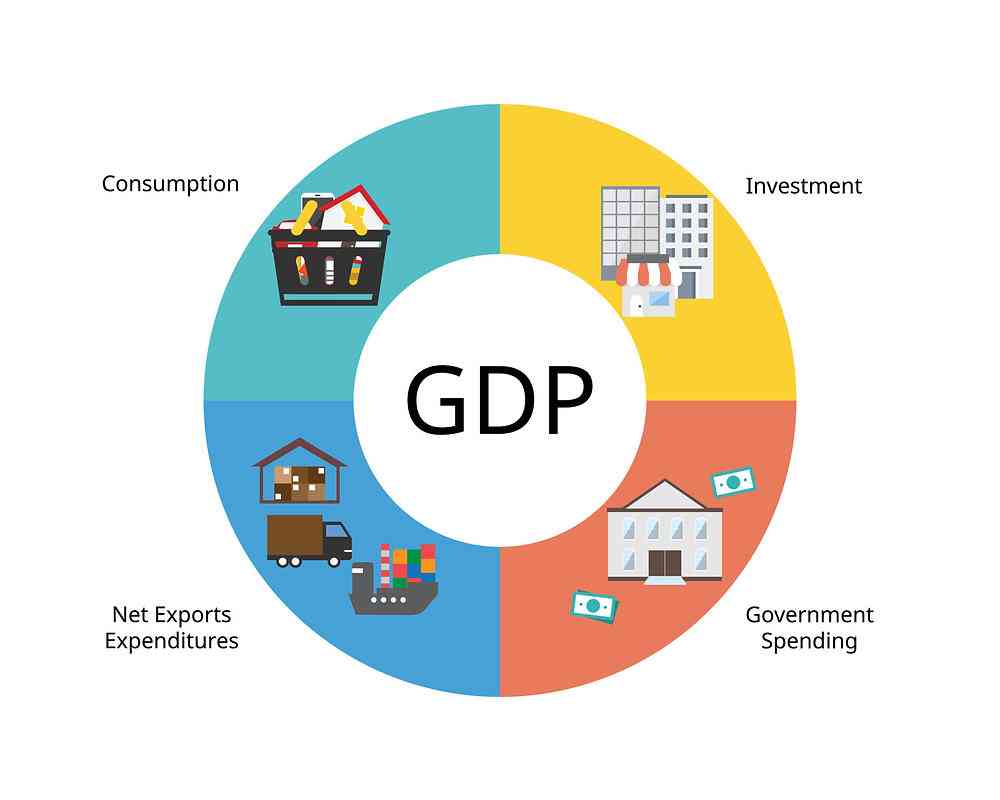
RECENTLY, discussions on social media have highlighted the alarming rate at which companies are closing down in Zimbabwe, sparking debate and diverse opinions.
While some argue that the rise of new enterprises offsets the closures of legacy companies, much of the debate has focused on the effects on employment.
However, a critical aspect that remains largely overlooked by many stakeholders is the broader impact on the gross domestic product (GDP) contribution and wealth distribution.
Since independence, over 45 major companies across various sectors in Zimbabwe have shut down. While a small portion of these closures resulted from poor management, the majority were victims of macroeconomic challenges, primarily driven by political, economic, and technological factors.
Political instability has increasingly jeopardised business operations, and economic crises, including hyperinflation, currency instability, and inconsistent policies, have dealt devastating blows to the survival of these businesses. In addition, some companies could not keep pace with technological advancements, resulting in their obsolescence.
As these large corporations collapsed, the country witnessed a surge in small-scale enterprises, shifting Zimbabwe’s economic landscape toward an informal economy, with more than 70% of activities now informal and less than 30% formal.
While this shift has been celebrated by some as a positive development, particularly in terms of job creation, it is crucial to scrutinise the industries most affected by closures and those in which emerging businesses are concentrating to fully comprehend the net economic impact.
Historically, companies from all sectors have closed down, with the manufacturing industry and formal retail sector being hit hardest. Emerging companies, however, have skewed heavily toward the retail sector, particularly within the informal market.
- Experts downbeat as Ncube cuts GDP forecasts
- New perspectives: De-link politics from Zim’s education policies
- Experts downbeat as Ncube cuts GDP forecasts
- New perspectives: De-link politics from Zim’s education policies
Keep Reading
This shift has created a significant dependence on imports, often illicitly acquired, as domestic manufacturing has sharply declined. While these new businesses may mitigate job losses, the long-term consequences for Zimbabwe’s GDP and wealth distribution could be adverse.
To understand the full impact, one must examine the drivers of GDP, which encompasses household consumption, capital investment, government spending, and net exports (exports minus imports).
Although household consumption is directly linked to employment, bolstered by the rise of the informal market, the decline in manufacturing activity has negatively impacted capital investment. Mining activities have somewhat cushioned this blow, but overall, the picture is bleak.
Government revenue, largely dependent on taxes from formal businesses, has also suffered. The closure of large companies and the rise of informal enterprises, which often evade taxation, have reduced state revenues and, in turn, government spending on welfare programmes. Furthermore, Zimbabwe’s reliance on imports, driven by the informal retail sector, has deepened the country’s trade deficit, further stifling growth.
As a result, Zimbabwe’s GDP has stagnated. In 1993, GDP per capita stood at US$1 490; by December 2023, this had fallen to US$1 383. At its post-independence peak in 1998, Zimbabwe achieved a GDP per capita of US$1 780. The highest figure in the last decade was US$1 464 in 2018, before the local currency crisis exacerbated economic instability.
This decline points to a widening wealth gap as emerging businesses benefit a small group, while the majority of citizens face worsening economic conditions.
Although some informal business owners have thrived, leading to increased consumption and construction activities, many Zimbabweans remain excluded from these opportunities, with reduced government support due to dwindling tax revenues.
In the end, the closure of formal businesses over the years must be understood not just as a loss of jobs, but as a broader economic issue, with negative implications for wealth distribution and overall GDP growth.
Duma is a financial analyst and accountant at Equity Axis, a leading media and financial research firm in Zimbabwe. — twdumah@gmail.com or tinashed@equityaxis.com, Twitter: TWDuma_










